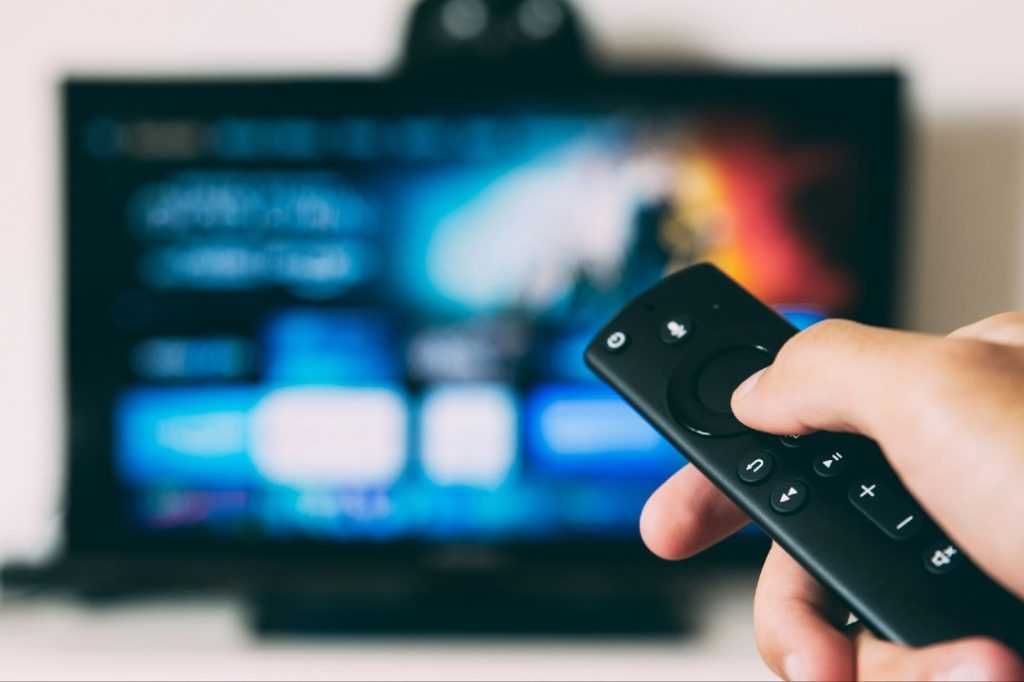All the Entertainment Options a Smart TV Introduces

If you don’t already have one, you’re likely considering getting one. Smart TVs are the new big thing in the UK, with well over the majority of the population already using this new technology to explore entertainment in a new and more cinematic way. Let’s have a look at how smart TVs work, what their limitations are, and how you can use yours for endless fun.
What Exactly Is a Smart TV?
A smart TV is a television set with all the traditional functions of a TV with an embedded computer. These TVs have operating systems very similar to those of a desktop computer or mobile device. With a smart TV, you can browse the web and use apps that have been built for the specific operating system that you are using. Simply put, a smart TV is like an internet-connected computer and a TV, all in one.
Like computers, there are often integrated apps as well as ones you can download from a store. Among the most popular smart TV “platforms”, or operating systems, are Android TV, Fire TV, Roku TV, LG WebOS, and Amazon Fire TV.
Entertainment Options for Smart TVs
A smart TV allows you to use the interactive web, which makes it usable for most any entertainment you’d normally enjoy on a browser – but more cinematically! While some things might be more suitable to do on a computer, especially if you need better controls over it, smart TVs are excellent for both passive entertainment, like scrolling or watching shows and for more active forms of entertainment, such as games.
At a smart TV, you can enjoy the following forms of entertainment in the best way visually possible:
- Play games on your browser.Your smart TV can act as a browser and access all kinds of browser games and safe non GamStop gambling sites. Some platforms can choose to block Smart TV users because their content isn’t optimised for the device, but you’ll find that many work well on your smartphone.
- Play video games.Of course, you can also play other types of video games on your smart TV. Some are downloadable through an app store.
- Socialise through video calls and messages.You can also make calls and send messages through your smart TV, or just browse social media.
- Watch movies and TV on your favourite Video-on-Demand platform.Streaming platforms like Netflix, Amazon Prime, and Disney+ are available on most smart TVs, letting you watch your favourite movies whenever you want it in the best possible quality.
- Play music.Smart TVs are typically equipped with some quite impressive loudspeakers, which are as great for watching movies as they are for listening to music.
- Watch TV the traditional way.A smart TV is still a real TV, not fully a computer. This means it still has the functionality of a regular TV, and you can access your favourite TV channels just as usual.
Will All TVs Be Smart in the Future?
Combine the fact that integrating computer chips into technology is becoming cheaper and cheaper, and the fact that smart TVs already have such a high penetration rate, and it’s looking quite likely that soon, virtually all TVs sold will be smart TVs, especially in the UK, Europe, and North America.
That’s not to say that traditional TVs will become completely obsolete, though. Much like the fact that traditional mobile phones, or dumb phones, are still sold today, even though the vast majority of the population owns and uses smartphones daily, the unconnected TV will likely still hold a corner of the market for a long time to come.

